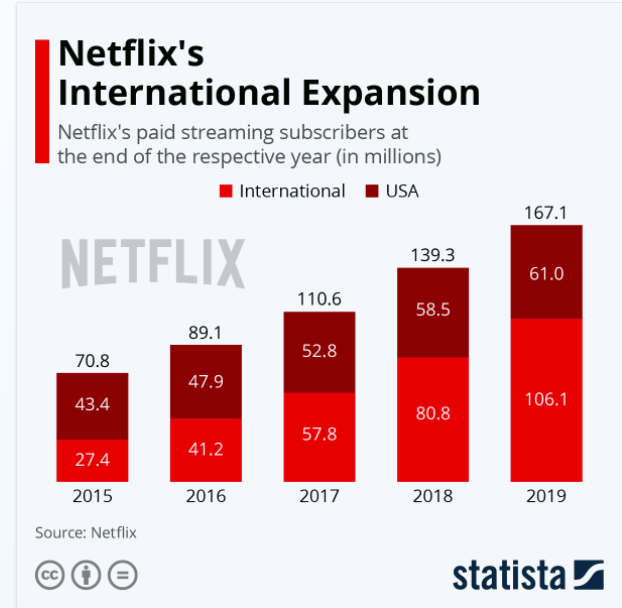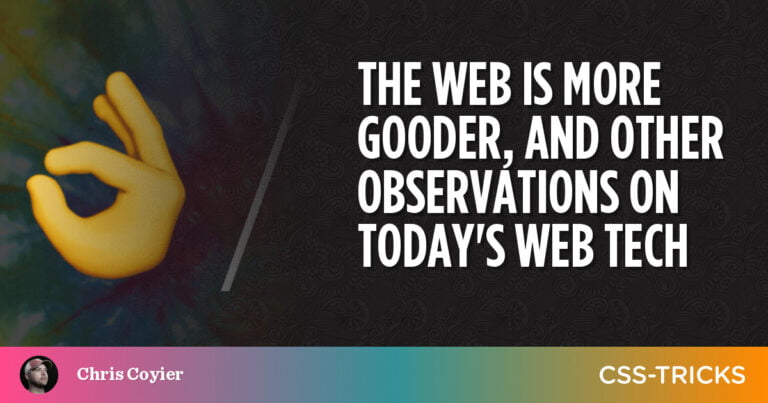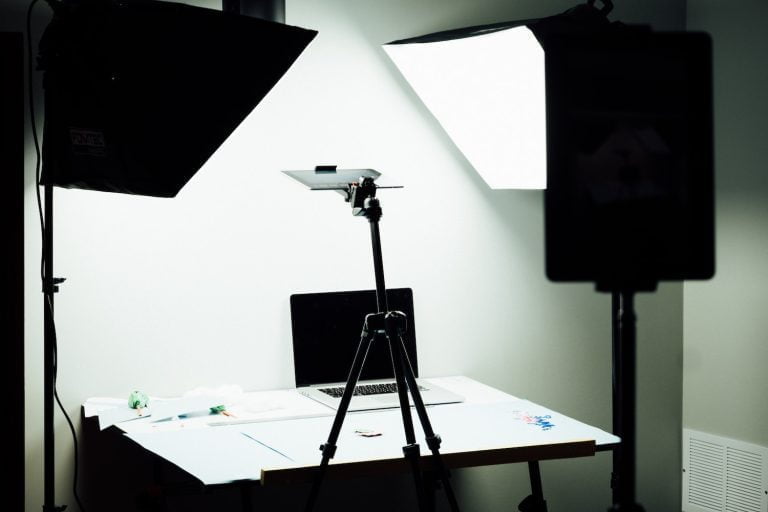
In 1851, the inventor and entrepreneur Benjamin T. Babbitt began traveling around the United States in a wagon, offering consumers free lithographic prints with the purchase of baking soda. According to historian Wendy A. Woloson, this new mode of marketing inspired enterprising salesmen to launch their own prize giveaways, many of which ended up being scams. We can trace the history of the giveaway from the 1850s right up through March 23, 2021, when Kris Jenner, the matriarch of the Kardashian family known fondly for working harder than Satan, posted a photograph of herself on her Instagram page sitting on a grand staircase surrounded by thousands of dollars’ worth of Louis Vuitton luggage.
“Who wants a 20k USD preloaded credit card + the luxury purses pictured here with me,” she asked, adding a credit card emoji, four exclamation points, and two notices that the post was an #ad. (An ad for what, exactly? It’s complicated.) All entrants had to do, said Jenner, was follow a few dozen other Instagram accounts and comment on Jenner’s post.
Peering at the display, I wondered: Who wins these things? The answer has been difficult to ascertain.
“It takes 90 seconds”
Table of Contents
I started paying attention to Instagram giveaways such as Jenner’s last year, when I was spending [redacted] hours per day on my couch, scrolling through Instagram. All of the Kardashians, save for Rob, have participated in one at some time or another, tempting their followers with Saint Laurent handbags, luxury baby strollers, and credit cards “preloaded” with thousands of dollars. (“Girl this looks like a scam,” said one commenter on a Kylie Jenner giveaway post from November 2020. “No one ever wins these,” said another.)
Plenty of lesser influencers have gotten in on the action, too. Last month, erstwhile Vanderpump Rules star Stassi Schroeder offered her followers the chance to win a MacBook Air, a Canon camera, a Gucci purse, and a $1,500 prepaid Visa gift card, so long as they turned around and followed the 55 accounts that the marketing firm @socialstance was following. Among these accounts were even lesser influencers and fledgling brands, including an organic cosmetics company, a self-described “wellness hacker,” and a boutique that sells those oversize bows that people like to make their babies wear now.
This kind of suspicious marketing is what’s known as a “loop” giveaway: The lesser influencers and brands pay a marketing firm like Social Stance to be on the must-follow list, and Social Stance pays the featured influencer, like Schroeder, to post about the giveaway. Overnight, the influencers and brands that bought in can gain thousands of followers. (The cost to participate in such a scheme reportedly ranges from a few hundred dollars to tens of thousands.)
Social Stance, the company that administered the Schroeder giveaway, has also partnered with personalities like the actress Lucy Hale, Keeping Up With the Kardashians star Malika Haqq, and several former contestants on The Bachelor. The company, which did not respond to a request for an interview, describes its business this way on its website: “We partner with celebrities, cultural icons and established business’ [sic] to drive large scale influence and rapid growth of brands.” On its “Results” page, it claims that the Schroeder giveaway led to 9,400 new followers for participants.
The benefit to the average contest entrant is less clear. The company does not disclose how it picks the lucky Instagram user to win the Canon and the MacBook and the Gucci. A few days after Schroeder first advertised the giveaway, she deleted the post without announcing a winner.
When the Kardashians advertise giveaways, they work primarily with Curated Businesses, a marketing firm based in Australia. On the FAQ page on the company’s website, the first question is “Is this real?” and the answer is “Yes!”
Reading this, I was undoubtedly reassured, but still I wondered: Who wins? Curated Businesses is slightly more forthcoming, at least, about how it conducts its giveaways, though it also did not respond to a request for an interview, so I’m unable to confirm that the following is true. On the same FAQ page, the company claims that it obtains the “necessary government issued lottery permits for our campaigns and the final draw is conducted by an independent third party and overseen by a certified scrutineer.”
A certified scrutineer! Despite this official-sounding surveillance mechanism, entering one of these contests still feels a bit like writing your name on a piece of paper and throwing it into the street in the hope that someone will find it and bring you a million dollars. Has this worked for anyone?
“If I see 10,000 comments, I’m not bothering”
Unlike most digital agencies dedicated to the project of giving away luxury items on Instagram, Curated Businesses does make a point to announce at least some winners after its contests conclude. The company has a separate Instagram page, @cbwinners, where it shares the Instagram handles, and sometimes the photos, of people who have allegedly won those prepaid Visas and designer bags. The winners tend to be young women, probably because the people inclined to enter such contests tend to be young women. They look real enough, but I could not independently confirm their identities or their wins — I contacted over a dozen of them on Instagram, and no one responded.
With each new day, it seems there is another chance to (possibly, maybe, who knows) win something by “Liking” and following and commenting. Among these more casual, haphazard giveaways, I found someone who did.
This lucky individual did not win a collection of luxury handbags or an overpriced exercise bike or thousands of dollars in cash, but she did win something. Lauren McDowell, a 36-year-old living in Houston, Texas, said she won a collection of high-end soaps and candles from a giveaway organized by Joya Studio, a perfumery in Brooklyn, New York.
How did she do it? In this case, the randomness of the universe bent in her favor, and also she kind of knows what she’s doing on Instagram, given that she is a marketing professional herself. She co-owns a small communications company in Houston and is familiar with the many ways brands can market themselves on the app. The Joya Studio giveaway was not the first one she entered — she said she keeps an eye out for giveaways from smaller brands and influencers that do not have the same reach as, say, a Kardashian. If she sees only a couple hundred comments on a giveaway post, she thinks, Hey, I could win that.
Her sister, she said, does not employ the same strategy: She’s always participating in the big-time influencer giveaways, which she does not win. Waste of time, said McDowell. “If I see 10,000 comments, I’m not bothering.”
The Joya Studio giveaway fit her qualifications: To enter, she had to follow seven brands on Instagram, including the perfumery D.S. & Durga and the soap company Malin + Goetz. She also had to tag a friend in the comments. She chose her sister, because “I know that I can reliably tag her and she’ll tag me on giveaway posts, and I don’t have to feel bad inconveniencing a friend where they’re like, what is this?”
A few days went by, and McDowell forgot about her entry. But then she got a DM from Joya Studio telling her she had won. The company sent a prize package to both her and her sister.
“I feel really good about the brand now, which is the whole point of the thing,” she said.
“Another lucky winner”
As happy as I was to learn that someone somewhere won something on Instagram, I still wondered about the Louis Vuitton handbags and $20,000 preloaded credit card that Kris Jenner advertised on her Instagram in March. Did anyone win them? And what do you do with a $20,000 preloaded gift card? Can you use it at a grocery store or a gas station? Do you have to pay taxes on it?
To answer that last question, I talked to my accountant, Ben Sargent, who works with some influencers. He said that, oh, yes, you have to pay taxes on it.
“Many winners are surprised to find that they owe taxes on the new car, vacation, or other prize that they won when they receive a form 1099 reporting the income to them,” he explained. “Winning a $60,000 new car could mean you end up with a roughly $20,000 tax bill that you don’t have the extra cash to pay, leading many people to instead take the lower ‘cash’ option for prizes, or to sell the car for cash.”
Sargent said this applies even if the company administering the prize is based in, say, Australia.
On April 1, @curatedbusinesses posted about the Kris Jenner giveaway. “Remember: Winners are chosen randomly by a government audited organisation,” it said. “They are not chosen based on anyone’s financial status, skin colour, location or follower number … It could be you next!!”
The company announced that this time, Instagram user @luvnlyte was the winner. She did not respond to a request for comment.





